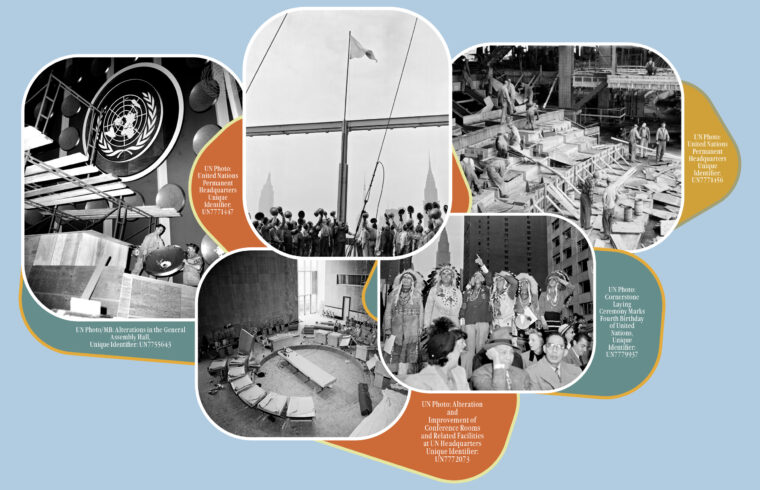Kumar Ratan – INDIA
PoliTeknik’s involvement in the United Nations General Assembly (UNGA) is crucial for advocating an amendment to Article 26 of the Universal Declaration of Human Rights (UDHR). Article 26 emphasizes the right to education, which is fundamental for the development of individuals and societies. However, evolving global educational needs necessitate revisiting and potentially amending this article to ensure it remains relevant and impactful.
1. Amplifying Voices of Marginalized Communities
• Representation: PoliTeknik represents diverse and often marginalized educational stakeholders, including teachers, students, and communities with limited access to quality education. Their participation ensures that these voices are heard on a global platform.
• Inclusivity: By advocating for amendments, PoliTeknik can push for a more inclusive interpretation of the right to education, emphasizing the need for accessible, equitable, and quality education for all.
2. Addressing Contemporary Educational Challenges
• Technological Advancements: The digital divide has become more apparent, especially during the COVID-19 pandemic. Amendments to Article 26 could include the right to digital literacy and access to technology.
• Climate Change Education: With climate change being a critical global issue, education systems must adapt to include environmental education as a fundamental right.
• Lifelong Learning: The current educational landscape requires continuous learning opportunities. Amendments could emphasize lifelong learning as part of the right to education.
3. Influencing Global Educational Policies
• Policy Development: Participation in UNGA allows PoliTeknik to influence international educational policies and frameworks, ensuring they are aligned with contemporary needs.
• Collaboration: Engaging with other member states and organizations can lead to collaborative efforts, pooling resources and expertise to address global educational challenges.
4. Ensuring Accountability and Implementation
• Monitoring Progress: Amendments to Article 26 should come with mechanisms for monitoring and accountability to ensure that member states implement these changes effectively.
• Best Practices: Sharing successful educational models and practices from different countries can help in crafting a more robust and practical amendment.
5. Strengthening Human Rights Framework
• Human Rights Evolution: Human rights frameworks must evolve with societal changes. By advocating for amendments, PoliTeknik contributes to the dynamic development of human rights, ensuring they are relevant and protective in current contexts.
• Empowerment through Education: A well-rounded education system empowers individuals, promoting other human rights such as the right to work, health, and participation in cultural life.
PoliTeknik’s participation in the UNGA is vital for advocating discussion for amendments to UDHR Article 26. Their involvement ensures that the right to education evolves to meet modern demands, addresses contemporary challenges, and empowers individuals globally. By pushing for these changes, PoliTeknik helps shape a more inclusive, equitable, and dynamic educational landscape, reinforcing the broader human rights framework.











